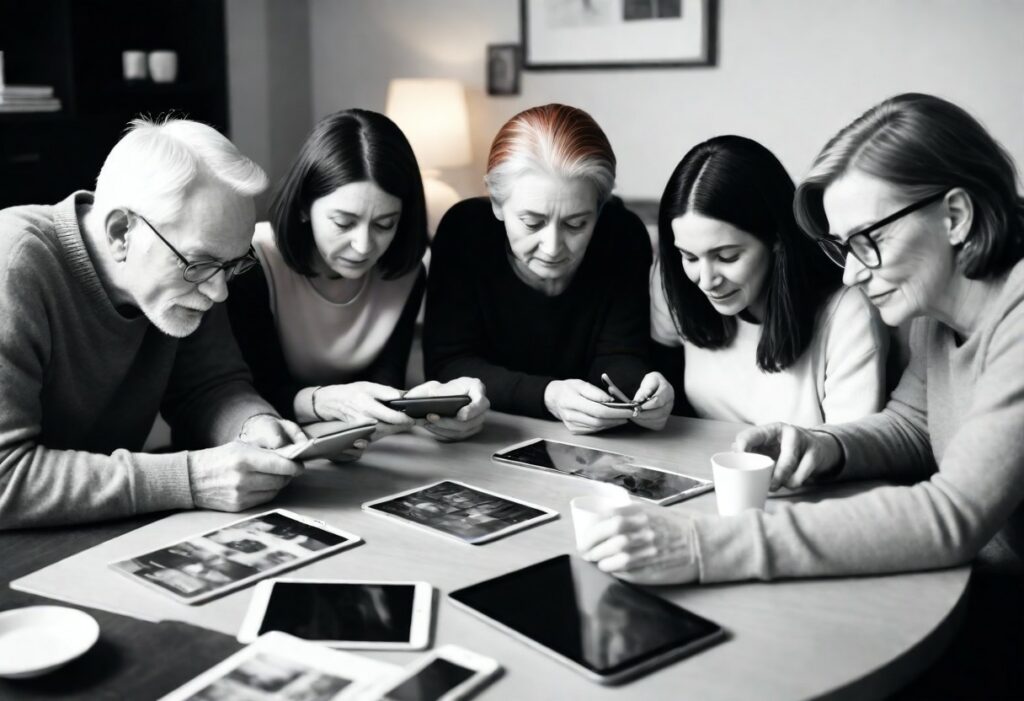In today’s connected world, social media is a significant tool for sparking change, building communities, and having conversations worldwide. But as social media becomes more influential, it’s crucial for everyone to use it responsibly and ethically. Social responsibility on these platforms isn’t just about individual actions; it’s about how everyone—users, companies, and the platforms themselves—affects society, culture, and democracy. This article delves into why social responsibility on social media matters and how individuals and organizations can promote a digital environment based on honesty, understanding, and responsibility.
Encouraging everyone to feel welcome and celebrating differences
In today’s digital world, social media has changed how we get news and talk about important issues. But with the good stuff comes a big problem: fake news. Fake news can mess up discussions, make it hard to trust what’s true, and even put people’s health and safety at risk. Both social media sites and users have to work together to stop fake news from spreading.
Understanding the Problem
Fake news can happen by accident or on purpose. Sometimes people share wrong information without realizing it. Other times, it’s made up and shared on purpose to trick people. Either way, fake news can cause big problems like making people believe things that aren’t true and causing fights or even violence.
What Social Media Sites Can Do
Social media sites are where a lot of fake news spreads. They have a big job to stop it. They can check if things are true before letting them be shared, show where information comes from, and stop fake stuff from getting too popular.
Checking Facts and Keeping Things Real
A big way to stop fake news is fact-checking. Social media sites work with groups that check if things are true or not. They put warnings on things that aren’t true and help people understand what’s really going on.
Promoting Real Sources
Instead of sharing fake news, social media sites want people to see real news from trusted places like newspapers and government websites. They try to show more real news and less fake stuff so people can learn what’s really happening.
What Users Can Do
Users of social media can help too. They can be careful about what they share, make sure things are true before sharing them, and talk about what’s true and what’s not.
Working Together
Stopping fake news needs everyone’s help. Social media sites, users, and everyone in society need to work together. By checking facts, sharing real news, and being careful about what we believe, we can keep conversations online honest and make sure we all know what’s really going on.
Encouraging healthy online habits
In today’s changing digital world, it’s crucial to focus on being responsible when using social media. These platforms have a big impact on how we interact online and what we see on the internet. It’s important to make sure that when we use social media, we act with honesty, understanding, and responsibility. By sticking to important ideas like including everyone, fighting against false information, looking after our digital health, keeping our privacy safe, and encouraging good online behavior, social media can help make the internet a fairer, more welcoming, and democratic place. Overall, being socially responsible on social media isn’t just a nice thing to do—it’s really important for making sure that the internet reflects our shared values, helps us connect meaningfully with others, and brings about positive changes in society.










More Stories
Juvenile Delinquency: Social Factors Behind Youth Crime
Prostitution Among High-Class Women
The Silent Tragedy: Female Feticide